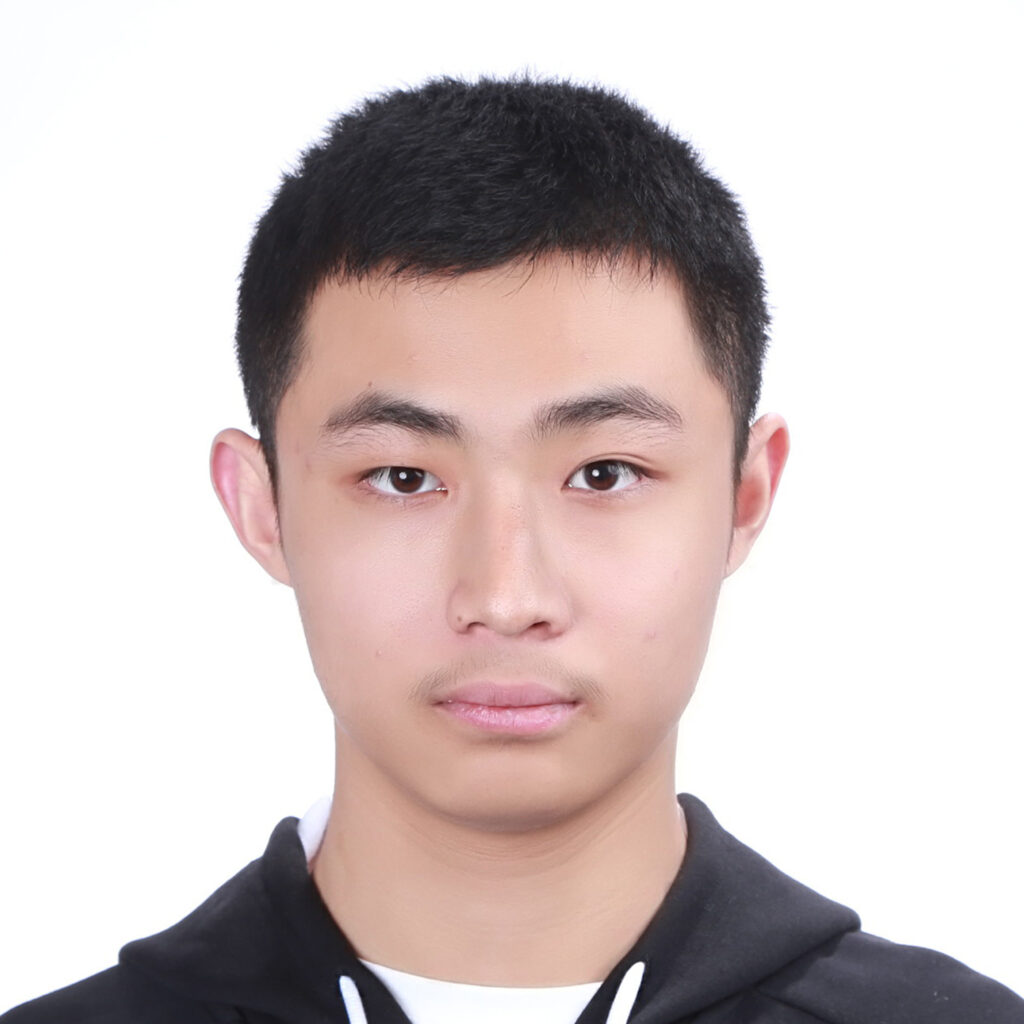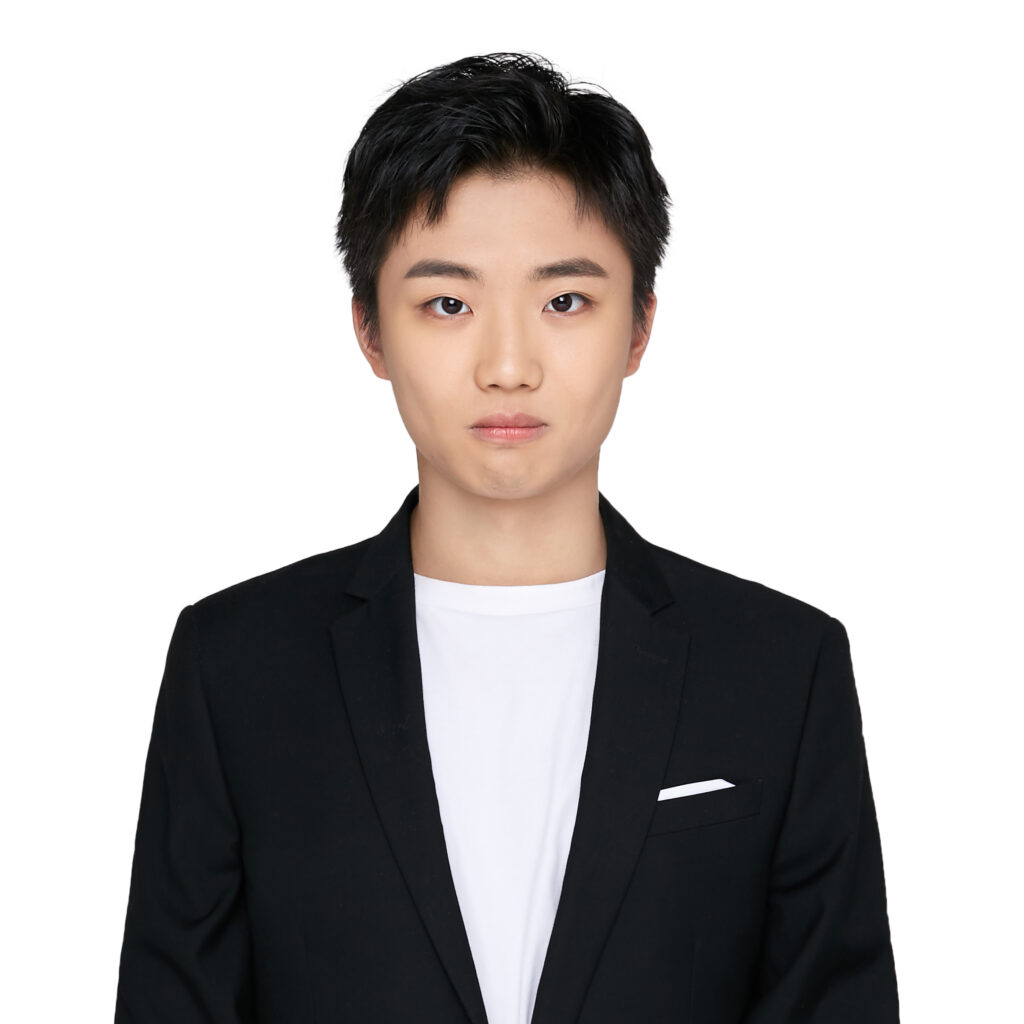CSE undergrads finish first, third in ACM MICRO research competition
CSE undergraduate researchers took two of the top spots at the IEEE/ACM International Symposium on Microarchitecture Undergraduate Student Research Competition (SRC). Kan Zhu finished in first place and Hilbert Chen in third, recognizing their outstanding research results and presentations. Zhu will have the additional opportunity to compete in the ACM SRC Grand Finals, an online round of competitions among the first-place winners of individual conference-hosted SRCs.
Kan Zhu: Architectural Implications of Google’s Data Center Applications

Zhu’s project enabled microarchitectural simulation and characterization of real-world data center applications that serve billions of people around the world. Data centers have become critical to many common applications, so much so that they now consume 3% of global electricity. Therefore, Zhu says, it is critical to analyze the microarchitectural implications of these workloads and look for potential optimization opportunities.
Recently, Google released workload traces for four of their widely used data center applications, including memory access records and branch logs. Zhu and his collaborators addressed several key challenges to working with these traces, and proposed methods to enable microarchitectural simulation, performance characterization, and optimization with them.
As part of his analysis, Zhu constructed traces for each of the processor cores Google used in its scheduling, identified similarities between the traces using principal component and cluster analysis, and demonstrated the usefulness of the traces for cache optimization studies despite lacking key data like register dependencies.
Along the way, some of Zhu’s findings included: shorter warm-up times for microarchitectural structures like branch predictors and cache prefetchers can save up to 20% of performance loss incurred from thread switching on processor cores; data caches are the main bottleneck in the threads’ execution; and complex memory access patterns in many applications leave prefetchers far short of ideal performance.
Zhu completed his project with PhD candidate Tanvir Ahmed Khan, Derek Bruening (Google), alum Akshitha Sriraman (Carnegie Mellon University), Heiner Litz (University of California, Santa Cruz), Abhinav Sharma (Google), Victor Lee (Google), and assistant professor Baris Kasikci.
Hilbert Chen: Introducing Payload Awareness to Improve Data Center Efficiency

Chen’s research focuses on introducing remote procedure call (RPC) payload awareness to build more performant and energy-efficient datacenter systems. Microservices in modern datacenters use RPCs to communicate in extremely complex ways. Recent studies have shown that RPC stacks consume a considerable portion of fleet-wide cycles in Meta and Google’s data centers.
Chen’s project performed a comprehensive characterization of RPC payloads using DeathStarBench, an open-source benchmark suite for cloud microservices. Based on the characterization insights, he showed how RPC payload awareness could enable several novel system and microarchitecture optimizations.
Currently, he’s working on implementing PA-RPC, an RPC framework featuring a fine-grained RPC cache that captures partial similarity in intra-microservice payloads, to validify his proposed optimizations.
Chen completed his project with PhD alumni Akshitha Sriraman (now assistant professor at Carnegie Mellon University) and Andrew Quinn (now assistant Professor at University of California, Santa Cruz).
 MENU
MENU 
